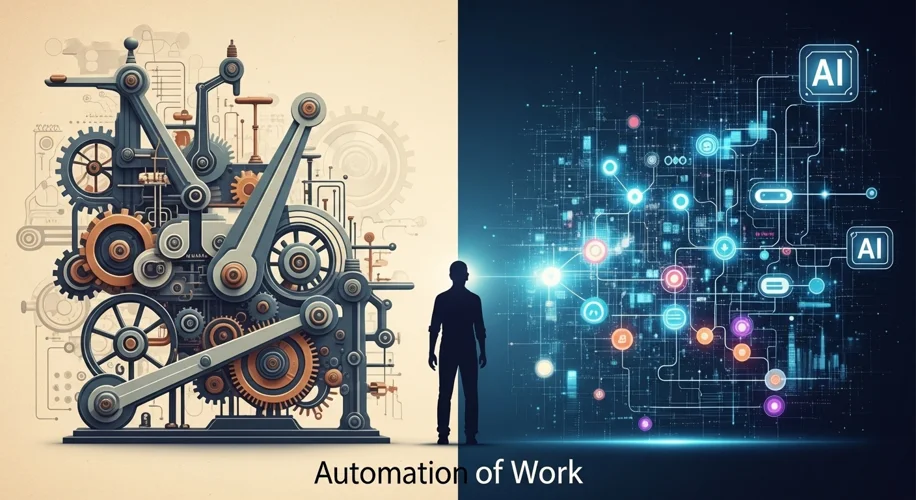It’s August 1st, 2025, and the conversation about artificial intelligence and automation isn’t slowing down. From my years in software and my ongoing interest in how technology shapes our lives, I’ve seen firsthand how rapidly things are changing. It’s not about a distant future; it’s happening now, and it’s reshaping the very nature of work.
We’ve all heard the buzzwords: AI, automation, machine learning. But what do they actually mean for the jobs we do every day? At its core, automation is about using technology to perform tasks that were once done by humans. Think about the assembly lines of the past, or even early accounting software. AI takes this a step further, allowing machines to learn, adapt, and even make decisions.
So, how does this affect the job market? It’s a complex picture. On one hand, automation and AI are incredibly good at handling repetitive, data-intensive, or physically demanding tasks. This can lead to increased efficiency and productivity in many industries. For example, AI algorithms can now analyze vast datasets far faster than any human, aiding in fields like medical research or financial analysis. Robotic process automation (RPA) is streamlining back-office operations in companies worldwide, handling tasks like data entry and invoice processing.
However, it’s also true that some jobs may be reduced or even eliminated as these technologies become more capable. This is where the concern often lies. We need to acknowledge that as machines get better at certain tasks, human roles may need to shift. This isn’t necessarily about fewer jobs overall, but about different kinds of jobs.
The key question isn’t just whether AI will take jobs, but what new roles will emerge. History shows us that technological shifts often create new opportunities we can’t even imagine yet. Think about the internet – it didn’t just change how we access information; it created entirely new professions like web developers, digital marketers, and social media managers.
From my perspective, the future of work will likely involve a closer collaboration between humans and machines. AI can handle the heavy lifting of data processing and pattern recognition, freeing up humans to focus on tasks that require creativity, critical thinking, emotional intelligence, and complex problem-solving. Imagine a doctor using AI to diagnose illnesses more accurately, but still relying on their human empathy to comfort patients. Or a designer using AI tools to generate initial concepts, but then applying their unique artistic vision to refine them.
This transition won’t be without its challenges. It requires a commitment to lifelong learning and adaptability. As workers, we need to be open to acquiring new skills. As a society, we need to think about how to support this evolution – through education, training programs, and policies that help individuals navigate these changes.
The impact of AI and automation is undeniable. It’s a powerful force reshaping industries and economies. The opportunity lies in understanding this shift, preparing for it, and ensuring that as technology advances, we build a future of work that benefits everyone.

